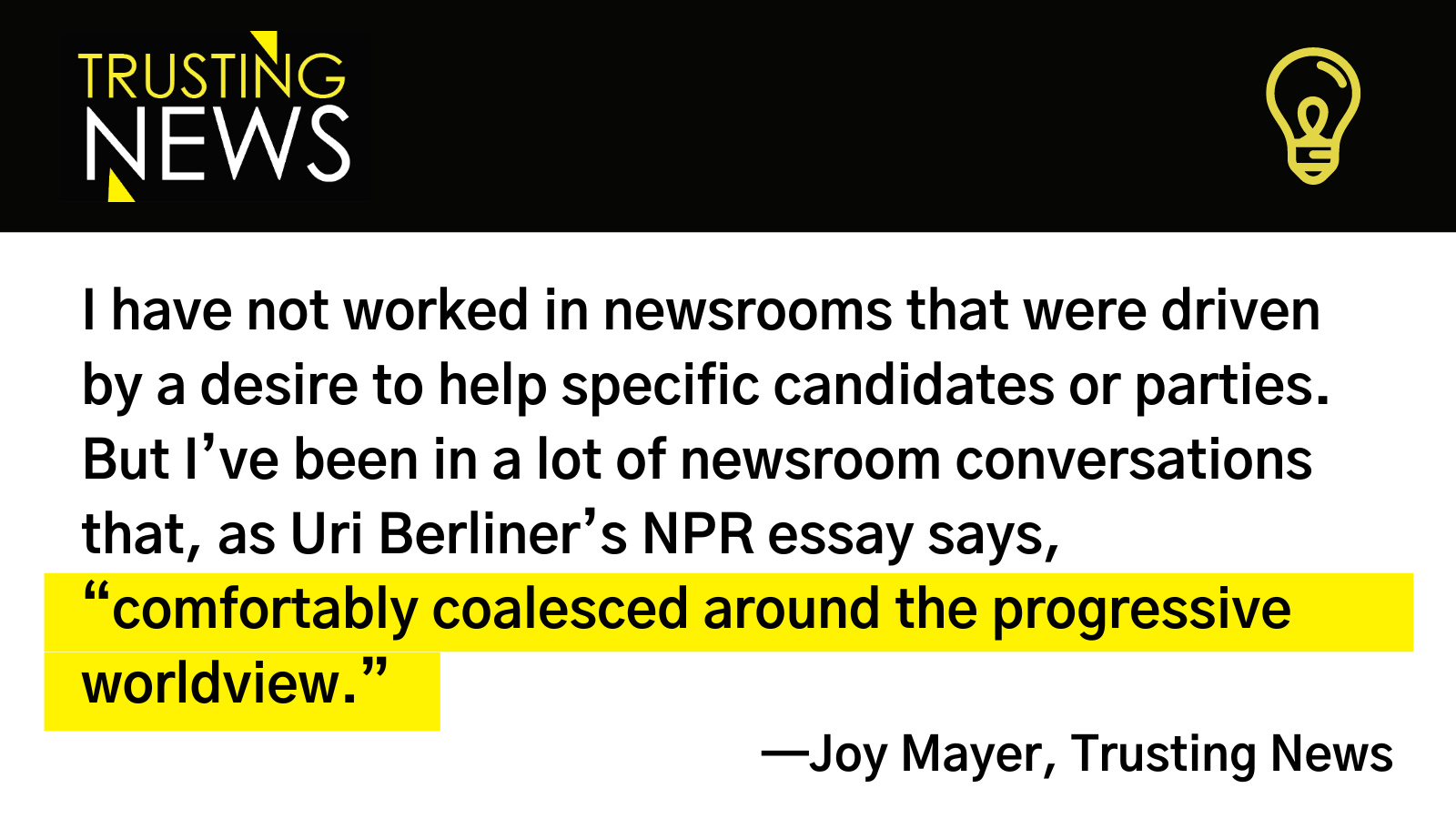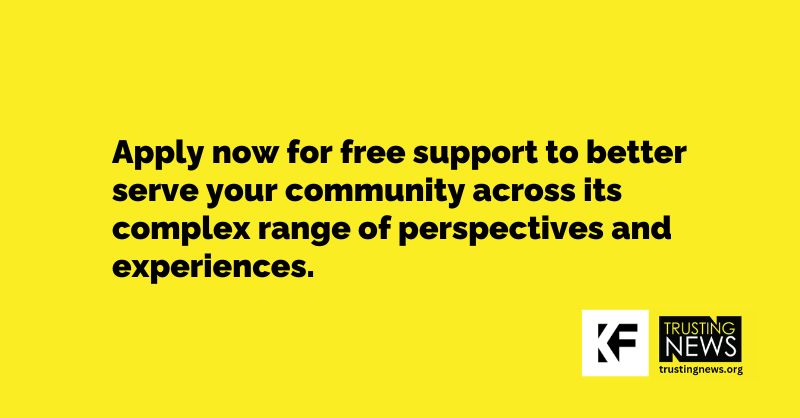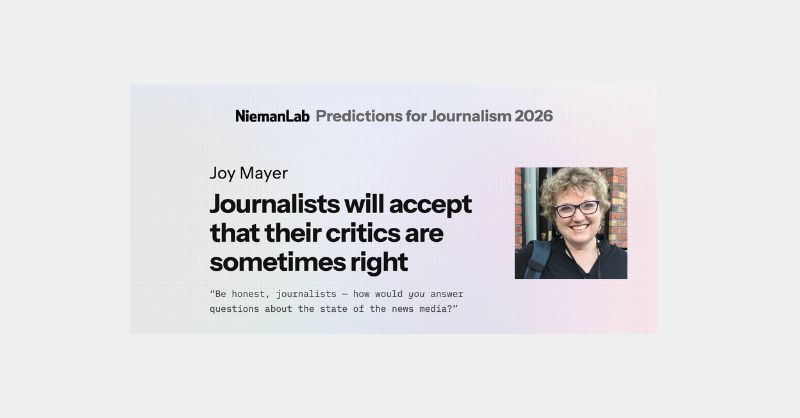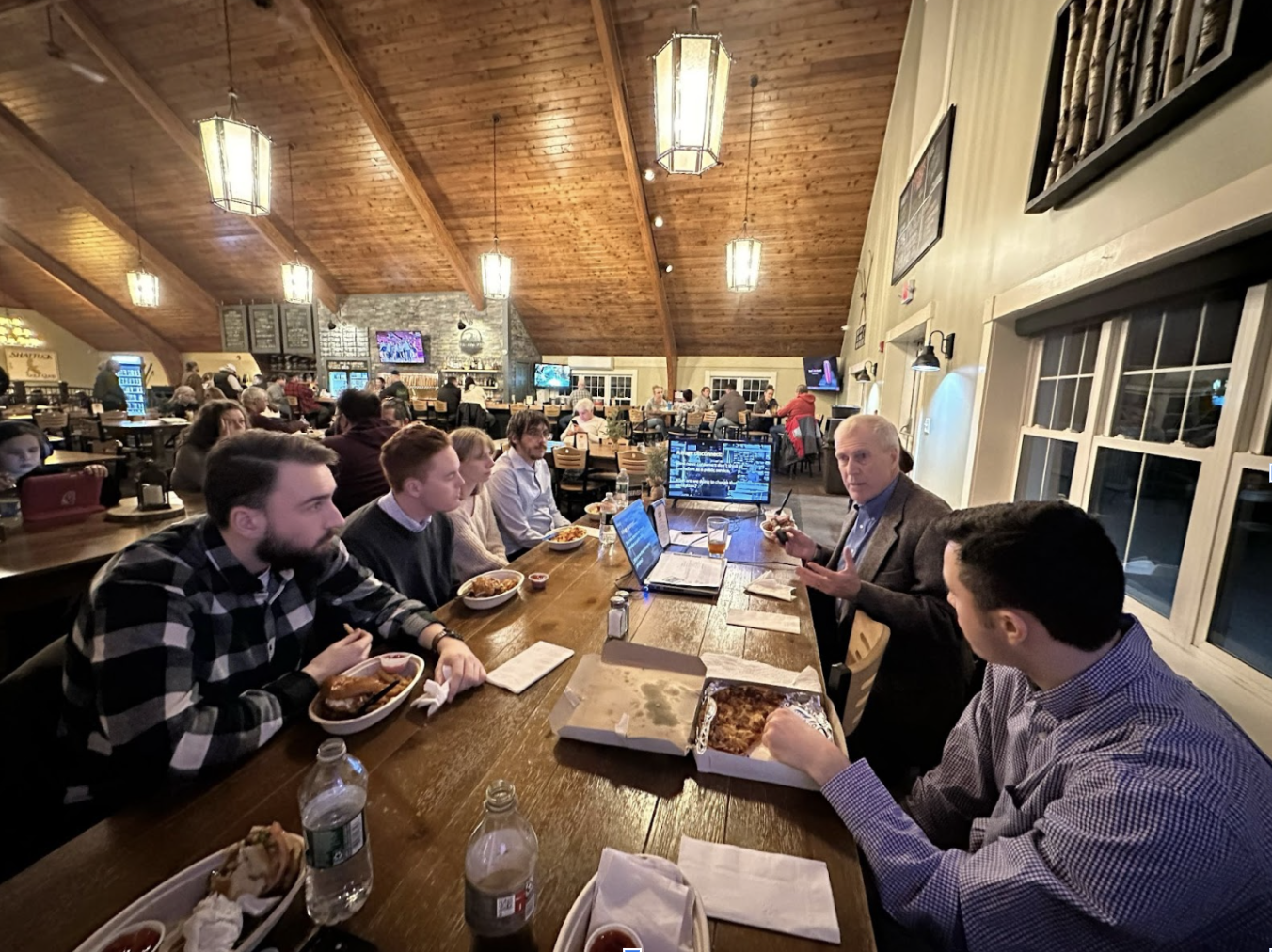
Rather than ignore accusations of bias, journalists should use them as an opportunity to both listen with humility and defend the integrity of the work.
Three strategies for responding to accusations of bias
Journalists are accused of bias routinely.
Sometimes the complaint comes in response to a specific story. Sometimes it comes from a potential source who’s wary of talking to us. Sometimes it’s from an elected official who’s trying to discredit unflattering coverage.
And sometimes, as is the case with NPR this month, it comes from a frustrated employee who wants to shine a light on a newsroom culture he finds problematic.
We’ve heard from several journalists — at NPR and elsewhere — wondering how to respond. What attacks should you defend against and what should you ignore? How much should you say? Should you fact-check accusations? And, what do you do if there’s some truth to them?
Here are three strategies we hope you’ll keep in mind when you find yourself faced with accusations of bias.
1. See it as an opportunity
We’ve written before about taking complaints and reframing them as information gaps. Try turning accusations into good-faith questions. And if people are expressing curiosity about how you do your work, reward them with explanations.
Some of the folks we’ve heard from recently are at public radio stations who regularly rebroadcast NPR content and are navigating how to explain their relationship to NPR. It’s important not to discredit the NPR coverage your station airs in an effort to differentiate your own work — that won’t improve people’s loyalty to you. As we wrote in our third-ever Trust Tips, back in 2019, if the content is being shared on platforms we control, we are held responsible for that and should stand behind it, even if we don’t personally produce it. (We know newsrooms hear plenty of feedback about the wire coverage they run, for example.)
You CAN, though, explain how your staff aims to understand and reflect the community you serve. If stories your newsroom produces show up alongside stories produced elsewhere, explain that relationship to your audience. Explain what they can hold your staff personally accountable for and why you stand behind the other coverage you publish or air.
2. Establish a counternarrative, and bring the receipts
If your journalism *isn’t* fueled by political bias, what would you like to communicate instead? What are the values that drive you? And even more importantly, how do those values play out in your daily coverage?
It’s a good idea to talk about your commitment to independence and fairness. It’s even better to point to examples. Think of it as evidence. What does it look like to strive for fairness, and what kind of journalism does that effort produce? Talk about your values, but also get specific. Check out examples of how newsrooms are doing that specifically around coverage of politics and elections.
3. Find the truth in it
Newsroom staffs do not reflect the communities they serve, and our homogeneity affects how we do our work. We know that newsrooms are whiter than their communities and are more middle to upper-class (by actual salary or by mindset). Journalists are also less likely to be religious, to have served in the military and to be conservative.
Of course, those factors influence what we’re curious about and the questions we choose to ask. They also affect what we notice, what we see as normal and what we find problematic. The Dimensions of Difference program we created with Spaceship Media goes into great depth on how newsrooms can respond to these factors.
It’s tempting to blow off the accusations of a liberal bias because so often they’re framed as “you just want Democrats to win.” I have not worked in newsrooms that were driven by a desire to help specific candidates or parties. But I’ve been in a lot of newsroom conversations that, as Uri Berliner’s NPR essay says, “comfortably coalesced around the progressive worldview.”
I always appreciate it when journalists acknowledge potential pitfalls along these lines, as Milwaukee Journal Sentinel reporter John Diedrich did when explaining his approach to a statewide investigation on guns. Diedrich wrote that a colleague asked: “Can we do this project without any even subtle shaming of gun owners, but just tell their stories respectfully? This guided my approach to the reporting.”
Maybe your newsroom has a progressive bent and you’re comfortable with that. Or maybe you see coverage through another cultural or political lens. That might be fine — as long as you’re transparent about where you’re coming from.
But if your goal is to provide even-handed coverage that feels fair across the political spectrum in your community, it’s worth reflecting on asking how well you’re doing it. Who feels seen and understood by your coverage, and who feels misrepresented or neglected?
Now is a good time for humility and examination.
That’s why we run workshops around the importance of having newsroom cultures that value dissent. It’s why we write about ways to encourage debate in newsrooms. It’s why we created a guide for hiring editors to learn more about the values and perspectives of job candidates. And it’s why we help newsrooms identify what bias or perspectives might be accidentally present in their stories.
And please, validate your audience’s skepticism
I find the automatic defense of journalism fundamentally troubling. Don’t we want news consumers to make thoughtful, careful choices? To not have blind trust in anything labeled as news?
It’s smart for people to want to know the values and opinions that drive information, and journalists should more often validate people’s skepticism and suspicion. Plenty of information IS influenced by political or financial interests and doesn’t disclose that. Journalists SHOULD be held accountable for fairness and SHOULD take time to explain their ethics and decision-making.
If you’re talking to your audience about this topic, I’d love to see examples. (Go ahead and hit reply!) Our longtime partners at WITF have already written about it in their behind-the-scenes newsletter. I’ll close with Scott Blanchard’s words:
Lastly: Journalists are human and bring their life histories and experiences to the job. We’re trained to set aside preferences and biases when we do our work, because if you are to trust us, you need to know we’re independent of however many sides or perspectives there are to a story we’re covering.
But it’s true that sometimes, a journalist’s personal views may lead them to discredit or ignore a viewpoint they don’t agree with. Berliner is saying that’s become standard at NPR; newsroom leadership there disagrees.
Strong newsrooms work to catch and correct when one of us is guided by personal views rather than being open-minded, curious and independent. At WITF, we work hard at that. We’re also not perfect. One of my takeaways from Berliner’s essay is that we should work even harder to make sure we’re not closing ourselves off from that open-minded spirit that he wistfully recalls from years ago. You, and our central Pennsylvania neighbors, deserve nothing less.
At Trusting News, we learn how people decide what news to trust and turn that knowledge into actionable strategies for journalists. We train and empower journalists to take responsibility for demonstrating credibility and actively earning trust through transparency and engagement. Subscribe to our Trust Tips newsletter. Follow us on Twitter and Facebook. Read more about our work at TrustingNews.org.

Executive Director Joy Mayer (she/her) founded Trusting News in 2016 after a 20-year career in newsrooms and teaching. She lives in Sarasota, Florida, and can be reached at joy@TrustingNews.org.



